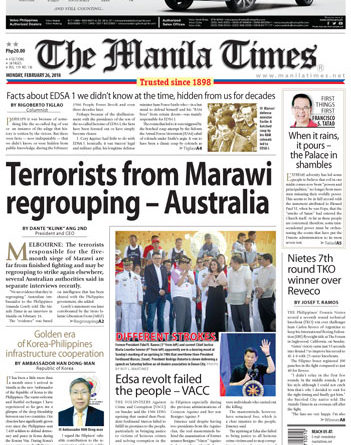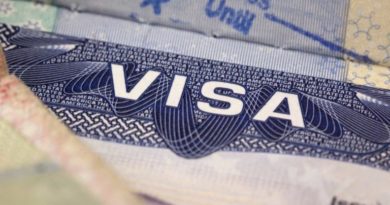ASEANEWS HEADLINE – ‘Terrorists from Marawi regrouping – Australia’ By The Manila Times Monday, February 26, 2018
TODAY’S HEADLINE:
Terrorists from Marawi regrouping – Australia
.
MELBOURNE: The terrorists responsible for the five-month siege of Marawi are far from finished fighting and may be regrouping to strike again elsewhere, several Australian authorities said in separate interviews recently.
“We see evidence that they’re regrouping,” Australian Ambassador to the Philippines Amanda Gorely told The Manila Times in an interview in Manila on February 16.
The “evidence” was based on intelligence that has been shared with the Philippine government, she added.
Gorely’s statement was later corroborated by the Moro Islamic Liberation Front (MILF) when its chairman said last week that ISIS sympathizers were awash in arms and cash and were not done fighting.
“The chances of another Marawi cannot be overruled,” MILF Chairman Murad Ebrahim told foreign journalists in the Philippines during a forum as reported by The Times.
Gorely also said in the interview with The Times that there were enough of the armed men fighting against the government who got out of Marawi, and may be making plans to strike again. “We’re monitoring the situation very closely.”
Another Australian official based in the capital city, Canberra, clarified that the Australian Defense Force has pulled out its reconnaissance aircraft after the liberation of the besieged city on the southern Philippine island of Mindanao, adding, however, Australia was, indeed, keeping a close eye on the region.
Gorely said that since the Bali suicide bombings in 2002, Australia has stepped up its counterrorism efforts and cooperation with other governments in the region.
Today, what worries Australia is the return of Asians, as well as Australians, to their home countries after their radicalization and fighting for the ISIS cause in Syria and Iraq.
Regional security
In Canberra last Friday, an Australian government spokesman conducted a counterterrorism briefing to visiting journalists from news organizations in the Asean region, including The Manila Times.
Australia’s Department of Foreign Affairs and Trade (DFAT) gave the visiting journalists permission to quote the information shared with them, but said they may not name the particular officials who conducted the briefing.
That government spokesman working on counterrorism said as many as 1,000 individuals from Southeast Asia had gone to the Middle East, where Daesh (the name for ISIS adopted by many world leaders) attempted to establish a caliphate. That figure includes women and children, as well as about 600 fighters.
Earlier, Australia tried to keep its citizens from going to the Middle East and joining the religious fundamentalists. But now that the so-called caliphate has been dismantled, the challenge for Australia and other countries is in dealing with those who are returning to their homeland here and around the region.
While Australian authorities believe that the number of Filipinos who joined the fundamentalists in the Middle East was less than those from other countries in Asean, there were other Southeast Asians who fought and died in Marawi, the capital city of Lanao del Sur province.
The counterterrorism spokesman explained that the emergence of ISIS several years ago had energized religious fundamentalists all over the world, and has made counterrorism efforts in the Indo-Pacific region more difficult.
Referring to Mawari, he said, “That was a situation where the effect of ISIS brought together some groups that, perhaps, no one thought would ever want to work together. And they had done something that had not been done in Southeast Asia before, where terrorists took over an urban center and then held it for five months.”
Australia welcomed the news that the Philippines, with assistance from other countries, had eventually recaptured Marawi, the spokesman added.
But he added, “Some of the key terrorists have been killed but some have probably gotten away. So, that threat is going to remain with us.”
An Australian government spokeswoman, who was not authorized to be identified either, said Marawi was far from over. This spokeswoman works for the South-East Asia Division of Australia’s Department of Foreign Affairs and Trade in Canberra.
She said what worries Australians was what Marawi means in a larger context, adding that that those returning home to this region from Syria and Iraq posed a long-term impact on security and stability in the region, as well as in Australia.
There is concern that this new threat may spread to the region. “Clearly, it’s not just a Philippine issue,” the spokeswoman said.
When Australian Prime Minister Malcolm Turnbull was in Manila in November 2017, he told journalists at a news conference, “We are living in a world that, in terms of communication, is borderless. We are here in Manila. We are in the same time zone as Perth. You may as well be in Perth in terms of the way you’re dealing with people in Australia, and they are dealing with us here. That is exactly what is happening to us in the battle against terrorism. Everything, nowhere is far away from anywhere else. So Marawi is not something … it is not a place people in Australia haven’t heard of a long way from home, it is right on our doorstep. So is Raqqa. So is Mosul. That is why we need to be relentless in our efforts to work together, to pull together to keep Australians safe.”
Australians’ safety may not be the only concern Down Under.
Collectively, Asean is Australia’s third-largest trading partner. And Australia was the regional bloc’s first dialogue partner, a relationship established in 1974. Asean is the Association of Southeast Asian Nations, a bloc of 10-member states that include the Philippines.
In a speech last January, Ambassador Gorely said Australia provided “game-changing” support to the Philippines against the terrorists in Marawi.
During the siege, two Australian aircraft provided daily real-time intelligence to the Philippine military, which enabled better targeting of the terrorists. Australia also provided urban-warfare training to Filipino soldiers.
Still, more than 160 Filipino soldiers and policemen died, and more than 1,000 others, including civilians, were injured.
Summit in Sydney
Later in March, Prime Minister Turnbull will host an Asean-Australia Special Summit in his hometown, Sydney. And one of the key items on the agenda is counterrorism cooperation.
Gorely said Australia aims to disrupt the full range of terrorist acitivies, including the flow of foreign funds to the fundamentalists in the region and monitoring communication over social media networks with hopes of preventing future attacks.
With regard to the Philippines, she added, Australia has been working with Filipino officials for two years now on strengthening its legislation against terrorism.
Because Philippine laws are not specific to terrorist acts, it has been harder to prosecute terrorists, Gorely noted. Under Philippine laws, she said, suspects caught performing terrorist acts were charged with ordinary criminal offenses.
Gorely added that the Philippines has secured a conviction in only one case so far, thanks to the fact that a defendant had actually confessed to the crime.
In contrast, Australia’s anti-terrorism laws are tougher and more specific, and the government here is urging other Asean countries to do the same.
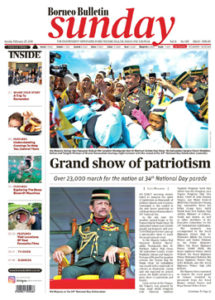

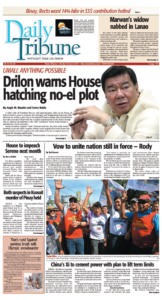


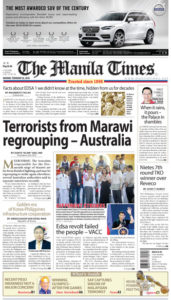

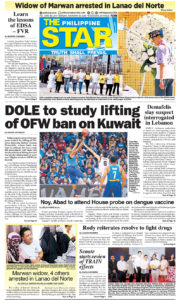

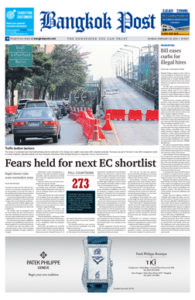

COURTESY:
ASEAN NEWS NETWORKS
NOTE : All photographs, news, editorials, opinions, information, data, others have been taken from the Internet .. aseanews.net | [email protected] | For comments, Email to : Aseanews.Net | [email protected] Contributor:

